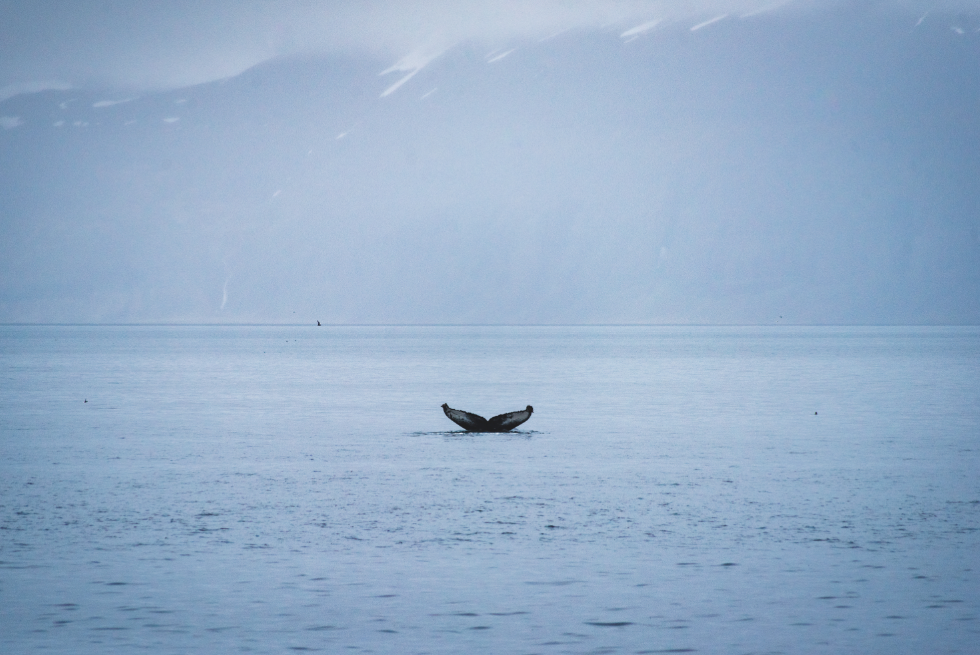Whaling In The 21St Century

In 1986 the International Whaling Commission (IWC) put a moratorium, essentially a pause, on the hunting of all whale species and populations. This pause on commercial whaling was put in place to protect species that had nearly been hunted to extinction. However, since the establishment of this moratorium, three nations (Iceland, Norway, and Japan) have continued to defy the decision made by the intergovernmental body “charged with the conservation of whales and the management of whaling” (“The International Whaling Commission,” 2018). Proponents of whaling within these nations have stated that whale populations have recovered enough to resume hunting them, however, many species of marine mammals remain endangered and at risk because of the previous hundreds of years of whaling before the moratorium. Hunting whales doesn’t only put their populations at risk but also risks the health of the entire ocean.
Looking to the Northern Pacific Ocean, we can see the effects of whaling on the balance of the ocean food web. The sequential megafaunal collapse theory proposes that the decimation of the populations of great whales in this region led to the main predators of these whales, Orcas, to seek out other prey (Springer et al. 2003). Orcas have sought out smaller marine mammals as prey and are thought to have been a reason for the recent collapse of sea otter populations in the North Pacific. This collapse of sea otters has additionally stressed the kelp forest ecosystems which are dependent upon sea otters for their role as sea urchin predators. This case study represents the effects of whaling outside of just a collapse in whale populations but rather a collapse of the ocean food web.

A humpback whale goes for a deep dive near Husavik, Iceland. Humpbacks are not currently being hunted but were almost driven to extinction because of whaling. The hunting of their close relatives the fin whales poses a serious risk. – Photo by Jessie Meyer
Unfortunately, these consequences of whaling have been and continued to be ignored by nations such as Iceland. This year, in 2018, the governing body of Iceland has “sanctioned the slaughter of 191 endangered fin whales for gourmet delicacies” (“Help us #StopIceland Whaling,” 2018). This is in direct defiance of the IWC’s moratorium, and most Icelanders don’t support whaling (Heimer, 2018). The removal of such a large number of individuals threatens the ability of the already endangered species to recover and thrive by destroying genetic diversity. The fin whales are being hunted for their meat, although fewer and fewer tourists in Iceland are actually eating the supposed “delicacy.” Contrarily, many visitors to Iceland are actually going whale watching and are contributing to the $20 Million USD industry that focuses on the conservation of whales rather than the hunting of whales (“Help us #StopIceland Whaling,” 2018). Whaling is neither economically feasible nor morally sound, given whales high level of intelligence and their ability to feel emotional and social stress (“Scientific Evidence for,” n.d.). We still understand so little about these complex animals that we cannot afford to hunt them. If we do, we risk losing the only creatures we know with a level of intelligence so close to our own.
For more information check out: https://www.sealegacy.org/pages/iceland-whaling
Jessie Meyer, St. Lawrence University
Intern at Cape May Whale Watch and Research Center
